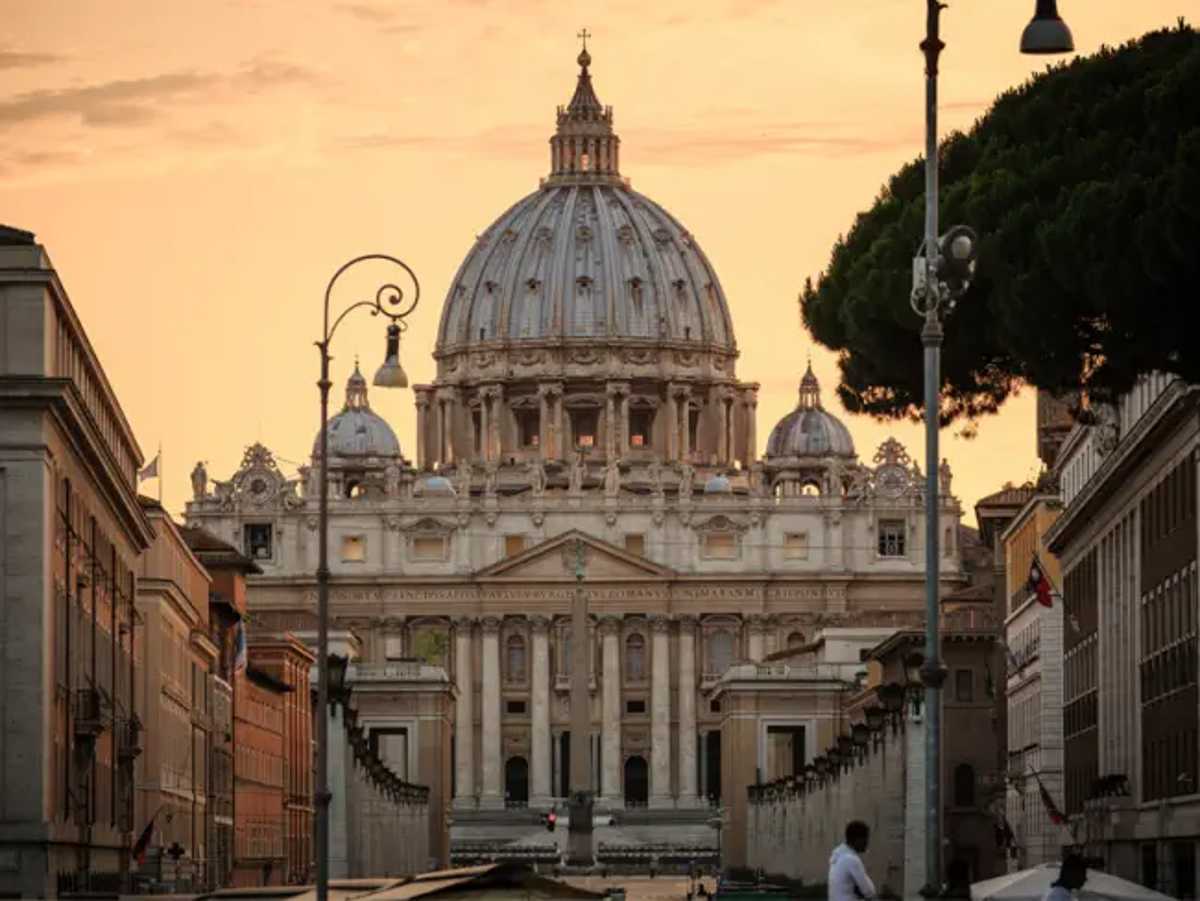The bishops adopted a one-strike rule that permanently removes from ministry priests or deacons who abuse minors. Leaders of religious orders agreed Saturday in Philadelphia to follow the policy but continue to voice opposition that it's too harsh on abusers.
The Vatican is currently scrutinizing the policy and may take months before offering a response. Many church leaders predict the Vatican will side with the religious orders because officials in Rome have voiced similar concerns about the policy.
"They're concerned that the bishops' policy doesn't respect the rights of priests to due process," said the Rev. Richard McBrien, theologian and Vatican expert at the University of Notre Dame. "They'll ask for changes."
The Rev. Thomas Reese, editor of the Jesuit magazine America, said the lack of a unified voice between the religious orders and bishops is bound to impact the Vatican's decision.
"The overwhelming majority of laypeople want zero tolerance - period. That's not true among church leaders," Father Reese said. "So what you have is a church clearly in anguish over what to do with these priests."
One-third of the nation's 45,000 priests come from religious orders. The orders insist that a "one-size-fit-all" policy for abusers is unfair because it doesn't distinguish between pedophiles and non-serial abusers.
"It doesn't take into account that some priests can be rehabilitated," said the Rev. Canice Connors, president of the Conference of Major Superiors of Men, an umbrella organization for leaders of the more than 20,000 U.S. religious order priests and brothers.
Compliance with the policy by U.S. religious orders is voluntary since they operate independently of bishops. Bishops agreed to follow the policy although it won't become officially binding without Vatican approval of 13 norms prescribed for dealing with abuse allegations that accompany the policy.
Vatican officials suggested that approval of the norms was far from certain even before the religious orders raised objections at an assembly last week. High-ranking officials have been critical of several aspects of the policy, including mandatory reporting of allegations of abusing minors to civil authorities.
But the most contentious issue has been whether to expel priests who abuse. U.S. bishops are more inclined to laicize abusive priests, which means return them to the lay state. Religious orders favor treatment and supervision.
"The Vatican thinks the bishops said zero tolerance to save themselves from public outcry and the media," said the Rev. Thomas Doyle, an Air Force chaplain who helped to write a 1985 report ignored by U.S. bishops that warned of the sexual abuse crisis.
"The concern is that, if bishops are given wholesale power to get rid of anybody, they could trump up charges and the priests would be left with no one to stand up for them," he said.
Although the clergy sexual abuse crisis has extended around the world, many non-American church officials portray it as a U.S. problem. Archbishop Julian Herranz, one of the Vatican's top experts on church law, is among the many voices that have said the U.S. scandals have been fueled by the media.
Last month, Cardinal Norberto Rivera Carrera of Mexico City denounced what he called the "media campaign of persecution" against the U.S. Catholic Church. He's considered a possible successor to Pope John Paul II.
Leaders of religious orders said they are unlikely to expel abusers from their communities. Because they live together and take vows of poverty, chastity and obedience, religious orders look upon members as a family.
"You just don't expel members of your family no matter what they've done wrong," said the Rev. Ted Keating, executive director of the Conference of Major Superiors of Men. "We will put them under restrictions and get them into treatment, but we will not throw them out."
Mark Serrano, board member of Survivors Network of those Abused by Priests, a national support and advocacy group for abuse victims, said any priest who abuses should be laicized so he can "never use the power of the priesthood to molest another child."
In May, the Vatican approved magazine La Civilta Cattolica said bishops aren't morally or legally responsible for priests who commit sexual abuse in their dioceses. The article said bishops aren't obliged to inform communities about the past actions of a predator priest as long as the bishop believes that the priest would not abuse again.
"There are conflicts between the American hierarchy's desire for expedient action with priests and the Vatican's desire to protect the priesthood as far as due process," said Dr. Chester Gillis, a scholar of Catholicism at Georgetown University. "This could prove very difficult to negotiate."

